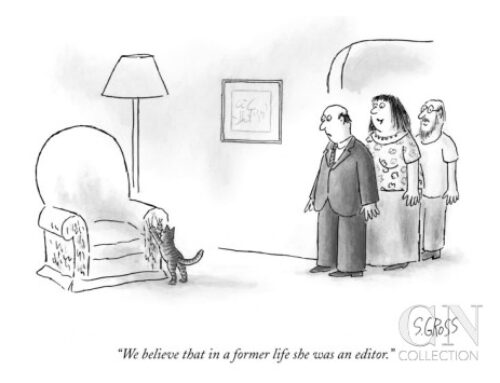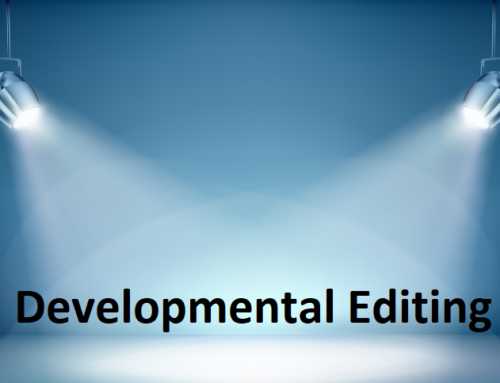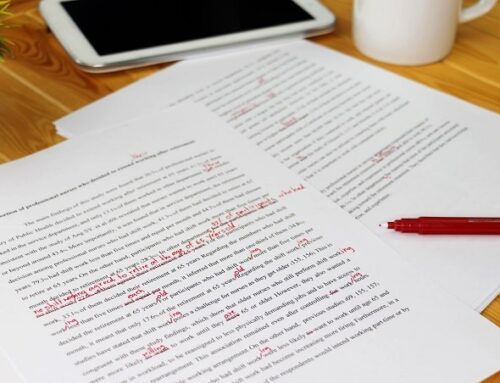Neil deGrasse Tyson once said: “Science literacy is the artery through which the solutions of tomorrow’s problems flow.” If you’re a nonfiction author who’s serious about educating readers and improving public literacy with anything related to science, the environment, climate, or the natural world and its inhabitants, then we’re glad you’re here. The Editorial Department has an experienced science editor on staff to help you craft a fine work of writing and dramatically improve your odds of successful publication. We’ve been at this for nearly 40 years now and love helping good manuscripts become great books.
Meet our lead science editor Jonathan Balcombe, PhD
Jonathan is a New York Times bestselling author with four books in print, three science degrees, and a passion for helping writers communicate important ideas clearly, compellingly, and persuasively. His professional experience includes work with the Physicians Committee for Responsible Medicine, Immersion, The Humane Society of the United States, and others. He is the author of over 60 scientific articles on animal behavior, animal ethics and related topics, and a frequent contributor in media, scientific journals, magazines, and online publications.
As an editor and manuscript consultant specializing in science, Jonathan works directly with authors at just about any stage of development. His career as a biology student, animal advocate, editor, published author and public speaker has given him hands-on experience with everything from full-length popular nonfiction to academic papers and dissertations to peer-reviewed journal articles.
“Writing is an imperfect art, and no piece of writing is immune to criticism. I have found—mainly through reading, which is an excellent teacher of writing—that conciseness and simplicity are hallmarks of elegant writing. If I can say it in fewer and simpler words without losing meaning, then it’s almost always better.
Then there’s the matter of flow. Be it fiction or nonfiction, a book is a journey, and the writer its guide. Each paragraph should segue smoothly to the next, and I am ever mindful of the overall structure of a manuscript to ensure it maintains a narrative arc and unfolds in a logical way.“
Jonathan’s work with in-house editorial staff at four different publishing houses has informed his own perspective as a freelance science editor and given him keen insight into what publishers want and what readers respond well to. His goal is to help authors create a page-turning reading experience that informs, entertains and possibly persuades—with a direct, reader-friendly style rooted in conciseness, clarity, and pleasing flow.
More information about the full range of services available to our authors is available here or by contacting us at (520) 546-9992. If you’re interested in working with Jonathan, you can read more about his background and reach him through our website at: https://www.editorialdepartment.com/staff/jonathan-balcombe/
Overview of The Editorial Process
Here at The Editorial Department, our first duty is to help ready your manuscript for publication by ensuring it meets a sufficiently high standard of concept, content, writing style, and overall execution. Our second is to help you navigate the process of getting the book successfully published, either traditionally or independently.
Please note that not all manuscripts will need all the steps outlined below. These are just the major categories of work that may be involved.
Step 1: Initial Evaluation & Assessment
Our editorial process typically begins with a review of the work-in-progress and initial diagnostic feedback to assess its needs and to bring clear, actionable goals into focus.
Once we’ve delivered the preliminary feedback and discussed it with you, the process can proceed based on the needs of the work in question and what you and your editor agree will serve it best.
Some manuscripts reach us very close to the finish line and just need some light polishing or correction before they’re ready to publish. Others may need more work first—restructuring, rethinking, elaboration on some topics, cutting and condensing on others, or a makeover to strengthen the narrative voice or make explanations of complex concepts clearer. The preliminary diagnostic phase (which can cost as little as $0.01 per word) gives us the opportunity to make a case for what’s needed and why, and then to discuss that with you.
Step 2: Developmental Editing
In many cases, developmental or structural editing will be the next step, where we can guide you through a carefully planned revision process with the intent of strengthening content, structure, organization, and overall writing style. This can involve editorial memos, running commentary in the manuscript, discussion by phone or email, or any combination. Most developmental editing work we do costs .014 (1.4 cents) per word. Learn More
Step 3: Line Editing
Once your manuscript is sufficiently sound in content, the focus can turn to hands-on polishing of the narrative, usually via line editing. This stage is often especially important to writers with scientific or technical backgrounds who are experts in their subject matter but may be untrained in writing for lay audiences. A good line edit will help make your prose clear, easy to follow and understand, and highly readable. Learn More
Step 4: Copy Editing, Fact-Checking, Proofreading
Here’s where we make any final corrections to grammar, punctuation, manuscript formatting—and in some cases assure compliance with various style-guides such as The Chicago Manual of Style, MLA, APA or whatever may be required.
If you’re self-publishing, copy editing will prepare your manuscript for typesetting and layout with any provider you might care to use. More information: Copy Editing | Proofreading
If your goal is to publish traditionally, we can help with the preparations for outreach to literary agents and publishers, submission strategy, pitch materials (query letters, book proposals, etc.), and just about anything else to improve the odds of success. Learn More
At the end of the day, our goal is to provide as much or as little support as is needed to help you write a great book and see it successfully published. If you think Jonathan (or another editor here) might be a good fit for something you’re working on, click the button below to tell us more about it and we’ll get back to you right away for a no-cost / no-obligation discussion on how we can help.







